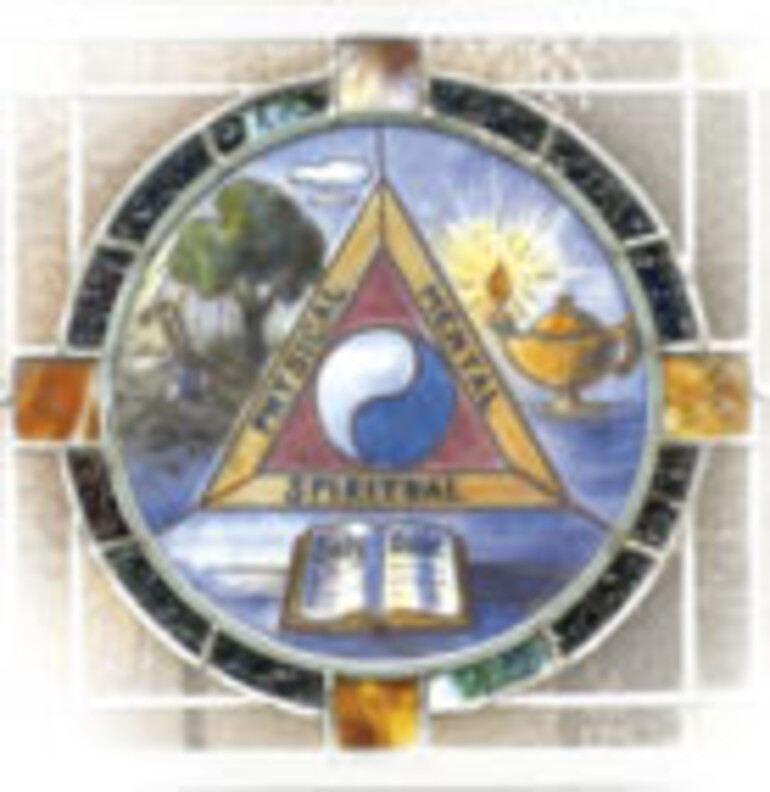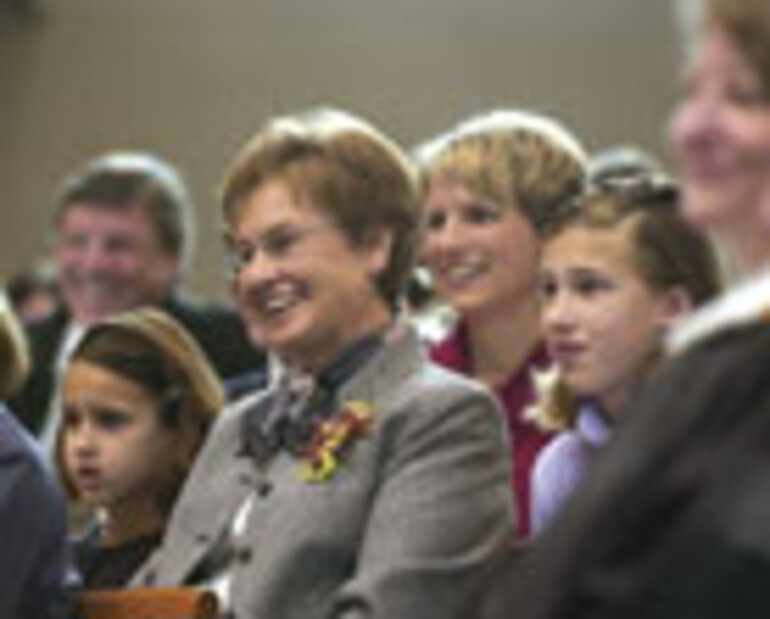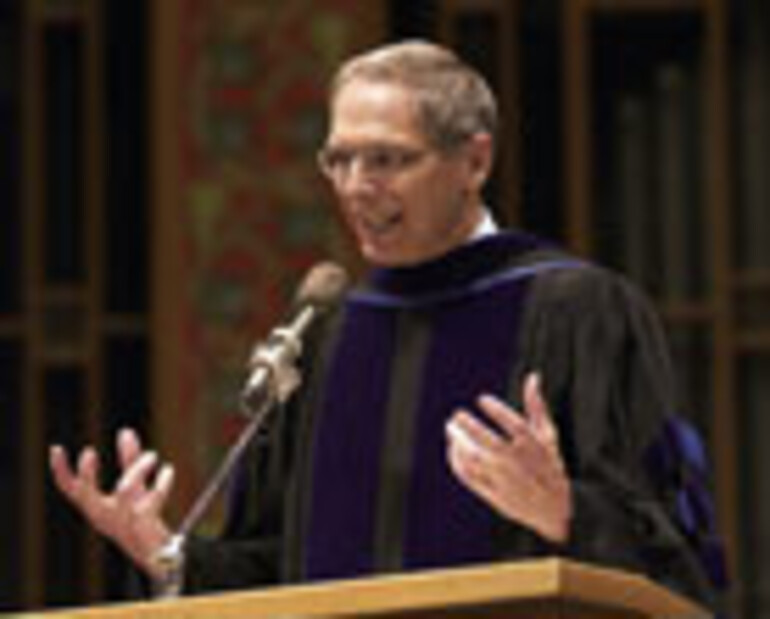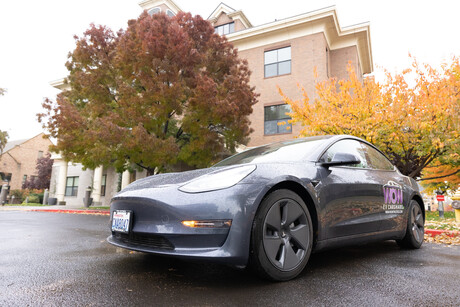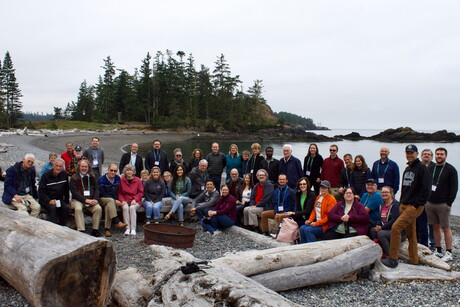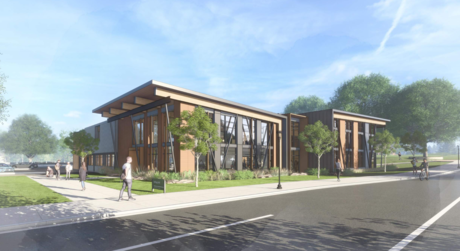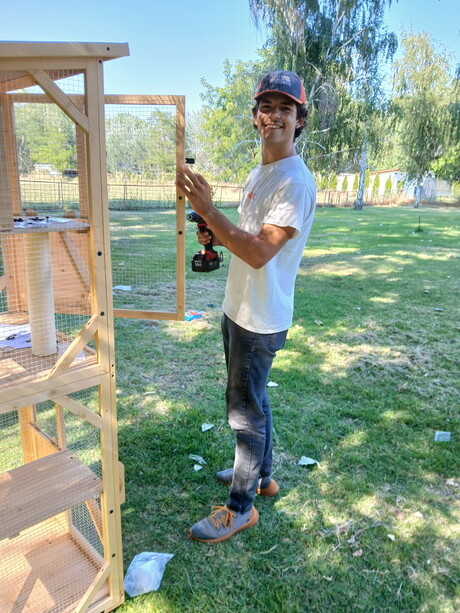“Today is Walla Walla College’s special day,” said Jon L. Dybdahl during his inaugural address. “I believe in her mission, and I pledge today, to the best of my ability, to serve her faithfully.”
Walla Walla College’s (WWC’s) new president was formally dedicated in a Nov. 18 ceremony, held in the Walla Walla College Church. Dignitaries in attendance included Brad Owen, lieutenant governor of the state of Washington; Mark Carlile, president of the Walla Walla Valley Chamber of Commerce; Tom Cronin, Whitman College president; Gerald Kovalski, vice president for education in the North American Division of Seventh-day Adventists; and Richard C. Osborn, president of Pacific Union College.
All living former WWC presidents—N. Clifford Sorensen, H. J. Bergman, Niels-Erik Andreasen, and W. G. Nelson—took part in the ceremony.
As Dybdahl cast his vision for the College, he emphasized the value of the College’s 110-year history and the examples of many brave pioneers who struggled to make WWC what it is today.
“When our forefathers and mothers founded this College, the Adventist church in the Northwest had 1,500 members,” he said. “If you are religious, you call that faith. Theologically, it is astounding.”
Dybdahl spoke of many individuals who have tirelessly served in mission work and in education and also reminded his audience that it was only by looking to the future that these people were successful.
Dybdahl brings a unique perspective to WWC, based on his experience as a teacher, preacher, and evangelist, as well as many years of missionary service in Asia. He received a master’s degree in systematic theology in 1966 and a master of divinity degree in 1967, both from Andrews University. He completed a doctorate in Old Testament at Fuller Theological Seminary, in 1981.
Dybdahl taught in the WWC School of Theology from 1976 to 1989 and was called to be WWC’s 22nd president while serving as a professor of world mission at Andrews University.
Walla Walla College was founded in 1892 and today has an annual enrollment of more than 1,800 students and offers six bachelor’s degrees in 36 areas of study, seven master’s degrees, and an associate of science degree.





